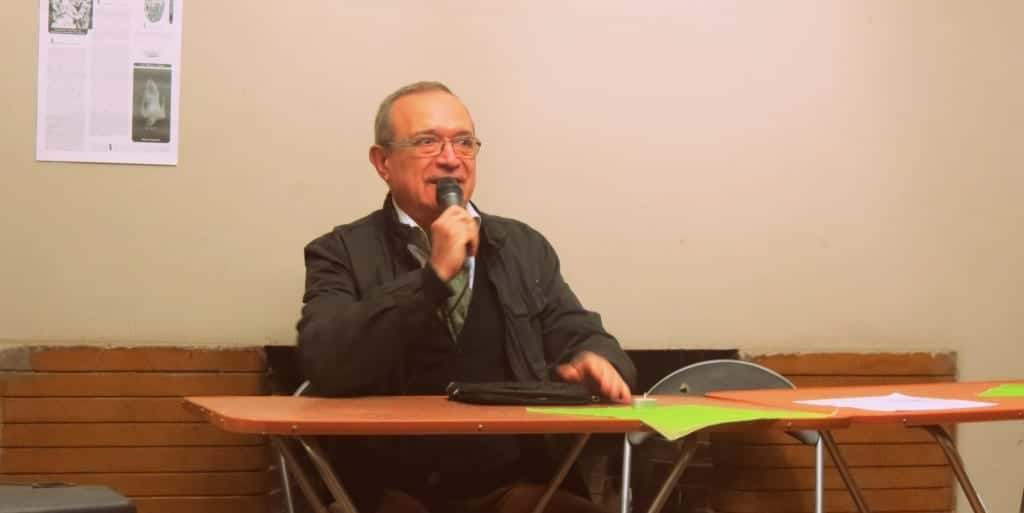
After a XNUMXth century full of various literary movements, the new millennium still seems somewhat orphaned of such necessary influences, with other trends that predominate instead of a somewhat more recognized experimentation.
However, and if we delve a little into different parts of the world, especially in Latin America, we will discover a new literary trend known as transrealism.
Sergio Badilla, the father of transrealimo

Chilean author Sergio Badilla, greatest exponent of transrealism
Born in 1947 in the city of Valparaíso (Chile), Sergio Badilla-Castillo He studied journalism at the University of Chile between 1968 and 1972 and, years later, a master's degree in Antrology in Stockholm, a city in which at the beginning of the 80s he began to publish his first writings, Más Abajo de mi Rama and La Morada del Signo, followed by Cantoniric, collection of poems in whose stanzas would manifest the first features of what is known as poetic transrealism.
This current is nourished by many nuances, although its most characteristic features reside in an asynchronous language full of parachronisms (or events that happened in time lines subsequent to those established), a fusion of time spaces in which, for example, a Narrative centered on the present displays endings or voids set in the future (and invoked in a prophetic way) or the past, being its longed for Chile, the legends of Norse gods, travels through Europe or the urban settings of Norway some of the resources most used by Badilla.
Others aspects that define transrealism would be the inclusion of words belonging to different languages (some existing, others dead and a few even invented), the mystical rationing illuminating a luminous prose, narcissism (something inherited from his obsession with Greek mythology and everything "epopoeic") as a weapon of self-defense in the post-industrial era and, especially, a mind that is as much or more open than the universe itself, capable of conceiving different realities or hyperposed dimensions.
Accompanying these explanations, I add one of the poems that I liked the most by Badilla, Cantonírico, the homonymous title of his first transrealist work:
Come with me on this new journey,
to the tropics of the minute hands of the clock
where the jellyfish
they no longer alter the spaces of these dreams
who have no domicile.
The night and its companions do not know darkness,
nor to the snail that screams in its egy,
dragging
your everyday luggage
… .. of planets
who lost their orbital presences,
early.
In this poetry mystical reasoning is perceived, travels in the time and a successful attempt to "strip words from the shadows and turn them into something material," a quote that Badilla used to describe examples of his poetry, such as those jellyfish that float in the subconscious.
Since his shy birth in the 80s, transrealism has been acquiring greater influence from the XNUMXst century, becoming one of the few literary movements of the millennium and embracing other artistic currents such as painting or narrative, although Badilla's poetic transrealism constitutes the greatest exponent.
Have you read anything transrealistic?
They should listen to Luis Albergó Spinetta.
TS Eliot already did, to my understanding.
In my opinion, they ceased to be after the preceding movements of the neo and post prefixes appeared.
Now it seems that some authors or critics inquire about the incorporation of new prefixes in the search to pigeonhole new literary pseudo currents.
Embrace.
Yes I have read Rudy Rucker Software. Honestly, he doesn't quite convince me. I will try to read some of Badilla.
I did not know anything about transrealism. I will try to find something from that literary trend whose main exponent is Bailla.
Thanks for the information.
Antonio.